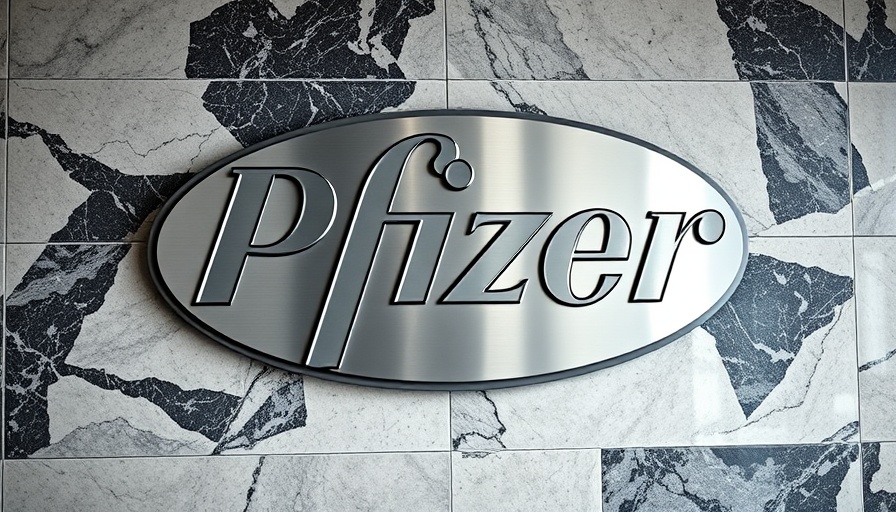
A New Era in mRNA Technology and Its Implications for Pharma
The advent of mRNA technology has revolutionized the pharmaceutical landscape, particularly in vaccine development. This remarkable technology, utilized extensively during the COVID-19 pandemic, has not only proven the efficacy of mRNA but has also opened avenues for exploring innovative drug development. Yet, with such advancements come significant ethical considerations and challenges that the pharmaceutical industry must address.
Understanding the mRNA Revolution
mRNA therapies operate by instructing cells to produce proteins that can prevent or fight diseases. This platform represents a breakthrough, offering the potential to address a broad spectrum of ailments, from infectious diseases to cancer. As pharmaceutical sales representatives and marketers, understanding the science behind mRNA is crucial as it relates directly to how drugs are positioned in the market.
The Ethical Implications of mRNA Technology
While the benefits of mRNA are clear, ethical concerns linger. Issues surrounding patient consent, data privacy, and the rapid pace of trials lead to important discussions about regulatory frameworks. Executives in the pharma industry must navigate these waters carefully to ensure that while innovations are pushed forward, they are done in a way that respects patient rights and adheres to ethical standards.
Opportunities and Challenges for Pharmaceutical Brands
The rapidly evolving mRNA landscape presents significant opportunities for pharmaceutical companies. Brands must focus on strategic marketing initiatives that articulate the advantages of mRNA therapies over traditional approaches. Furthermore, understanding how to tackle challenges such as public skepticism and misinformation is paramount. This encompasses everything from crafting targeted communication strategies to engaging with key opinion leaders to build trust and advocate for mRNA innovations.
Insights into the Future of mRNA Developments
Looking ahead, the future of mRNA holds considerable promise. Innovations in this field could lead to personalized medicine approaches, tailoring treatments to individual genetic makeups. Pharmaceuticals aiming to invest in mRNA technology should analyze data-driven trends and be prepared for shifts in managerial strategies and business models specific to the biotechnology sector's unique demands.
Navigating the Complex Drug Development Pipeline
As mRNA technology matures, understanding the complexities of the drug development pipeline becomes imperative. Pharmaceutical companies must collaborate with stakeholders across the healthcare spectrum—from managed care to specialty pharmacies—to effectively navigate formulary decisions and drug access issues. This multidisciplinary approach can streamline the commercialization process, ultimately leading to better patient outcomes.
Actionable Insights for Today's Pharmaceutical Leaders
For pharmaceutical sales reps and executives, incorporating knowledge of mRNA technology into everyday practice is crucial. Continuous education and staying updated on market access trends will enable better positioning of mRNA-based solutions within current healthcare frameworks. As industry dynamics evolve, leaders must foster adaptability while promoting transparency in their communication.
Conclusion: Embracing the Future of mRNA in Pharma
As the pharmaceutical industry stands on the brink of a mRNA-centric era, understanding its implications, opportunities, and the ethical landscape is essential for success. Engage with this dynamic field not just as a trend, but as a foundational change in how drugs are developed and delivered. Explore the potential that mRNA technology holds and proactively take part in shaping the future of healthcare.
 Add Row
Add Row  Add
Add 




Write A Comment